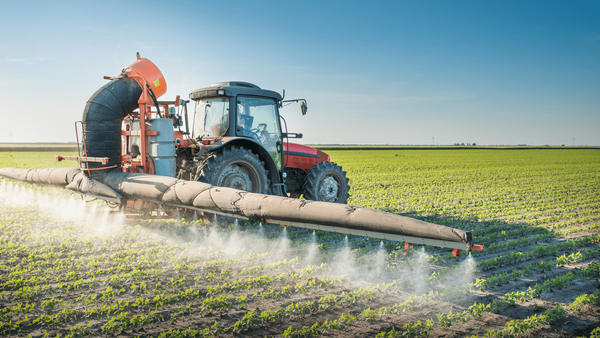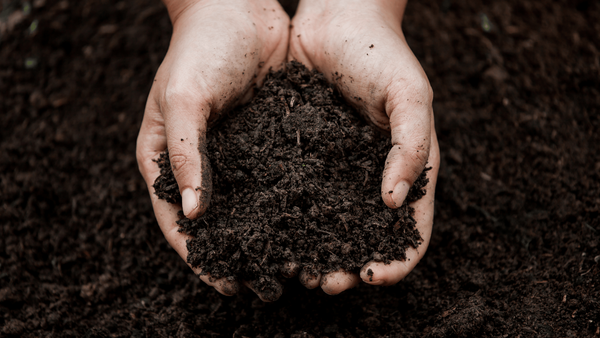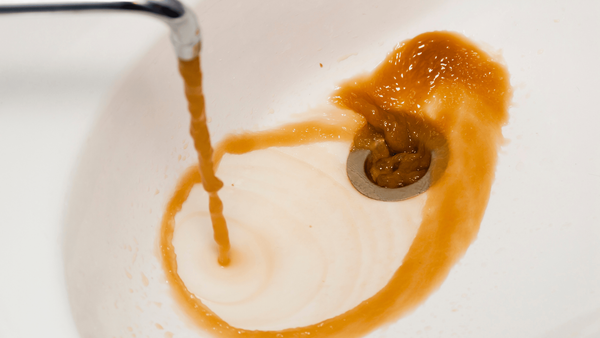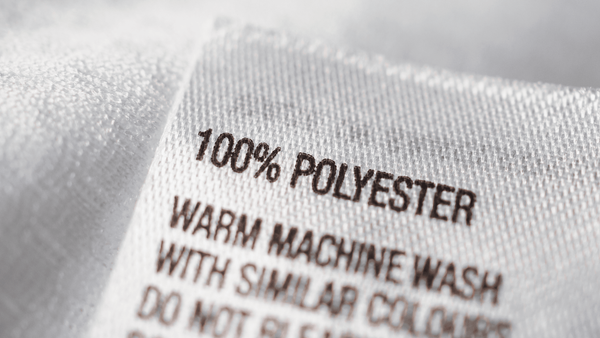Resources to Support Local Farms & Ranchers
This guide provides essential tools to connect directly with regenerative food sources. Discover our raw milk finder maps and local farm directories to build relationships with producers who prioritize soil health and nutrient-dense foods in your area.

Our food system will never change if we don't support local farmers and ranchers. Included is a list of links that include maps to find farms, ranches, and raw dairy along with questions to ask them either at a farmer's market or on their farm/ranch.
Raw Milk Finder Maps: Know Your Options
Finding access to fresh, unprocessed milk shouldn't require crossing state lines or navigating confusing regulations. That's why we've developed these comprehensive raw milk finder maps to connect you directly with legal sources near you.
The maps below serve two essential purposes: first, to help you locate legitimate raw milk producers in your area, and second, to understand the specific regulations governing sales in your state. Whether you're in a state with robust raw milk access or one with more restrictive policies, these resources will guide you to the closest legal options.
Each marker represents a verified farm or retailer offering raw milk products, with details on purchasing methods (retail, farm direct, herdshare), product types available, and relevant state requirements. We've verified these locations through our network of regenerative farmers and customer recommendations, updating them regularly as laws and availability change.
Let's explore your raw milk options together and support the farmers championing food sovereignty in your region.
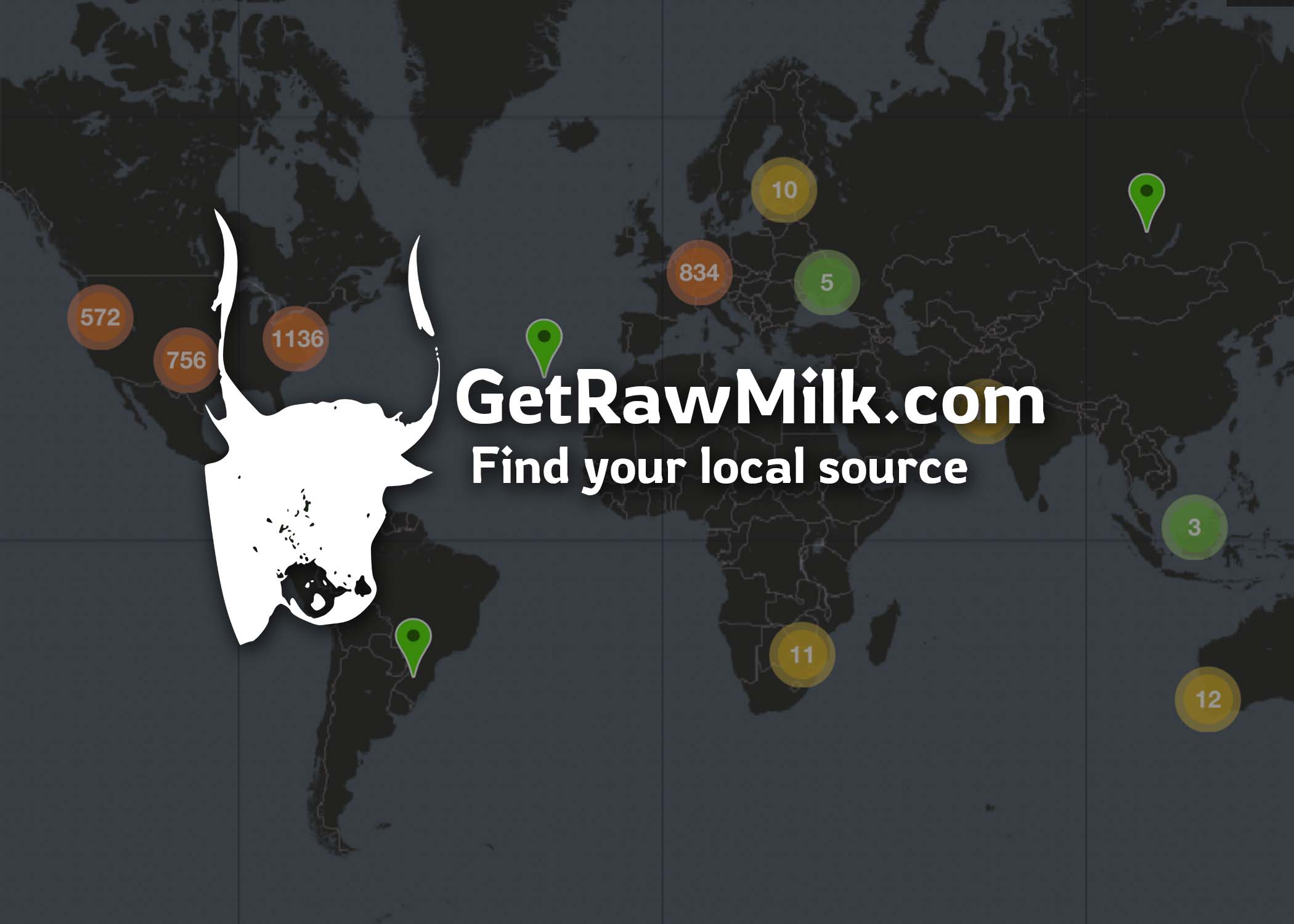
Find local suppliers of raw milk - updated often, search by zip code

Find local suppliers of raw milk supported by the Weston A. Price Foundation
Connect Directly with Local Farms: Your Gateway to Real Food
Skip the middleman and forge direct relationships with the farmers growing your food. We've curated two powerful resources that make finding and ordering from local farms simpler than ever.
These farm finder tools connect you directly to farmers practicing regenerative methods in your region. Whether you're searching for grass-fed meat, pastured eggs, raw dairy, or seasonal produce, these platforms help you discover farms that align with your values and dietary priorities.
By purchasing directly from local producers, you're not just getting superior food – you're strengthening your local food system, supporting regenerative practices, and building relationships that can withstand supply chain disruptions.
Take the first step toward food sovereignty by exploring these resources today.
Find A Regenerative Farm Near You
Find A Regenerative Farm That Delivers

Marketplace for home delivery of locally sourced farms and ranches
Questions to Ask Your Local Farmer or Rancher
- What breed(s) of cows/sheep/goats do you have? Why that breed?
- What is a typical day for your animals?
- What are they fed?
- Do you supplement their grazing with anything? What? (It’s common and fine for farmers to supplement their dairy cows with grain or alfalfa pellets at milking time, otherwise the cows get too thin and produce less milk. Some people who are extremely sensitive to grain seek out 100% grass-fed milk. It will usually be more expensive.)
- If supplemented with grain) Is the grain/feed mix locally grown? Does it contain GMO ingredients? (Locally grown with organic methods is best, and non-GMO, no soy. Ideally, the grains would be sprouted.)
- How much sunshine do your cows/goats/sheep get
- What is your water source and is it tested regularly?
- Find out what the shelf-life of their milk is, from fresh to souring. Cold, clean raw milk should have good flavor and taste for at least 12-14 days or even longer. Short shelf life with rising bubbles in the milk would indicate high presence of coliform bacteria, which indicates that the milk is not hygienic.
- Take a look into the farmer's kitchen: does it look clean and orderly? Look at their truck, too. Personal practices often say so much about behaviors when no one is watching.
- Inspect to make sure that everything involved in the milking process looks very clean, including the milking parlor, all milking equipment , bottle cleaning area, bottling area, milk jars/bottles, etc.
- Do you milk by hand or machine? (Most will probably use a machine. The kind that milks directly into a closed stainless-steel container is best.)
- Do you exclude a sick cow’s milk from use? For how long?
- Do you vaccinate or for your cows? For what? (Ideally, they won’t be vaccinated, but some states require it.)
- Do you use antibiotics, growth hormones, or other treatments?
- If I purchase a herd share from your farm, will I be locked into a contract?





